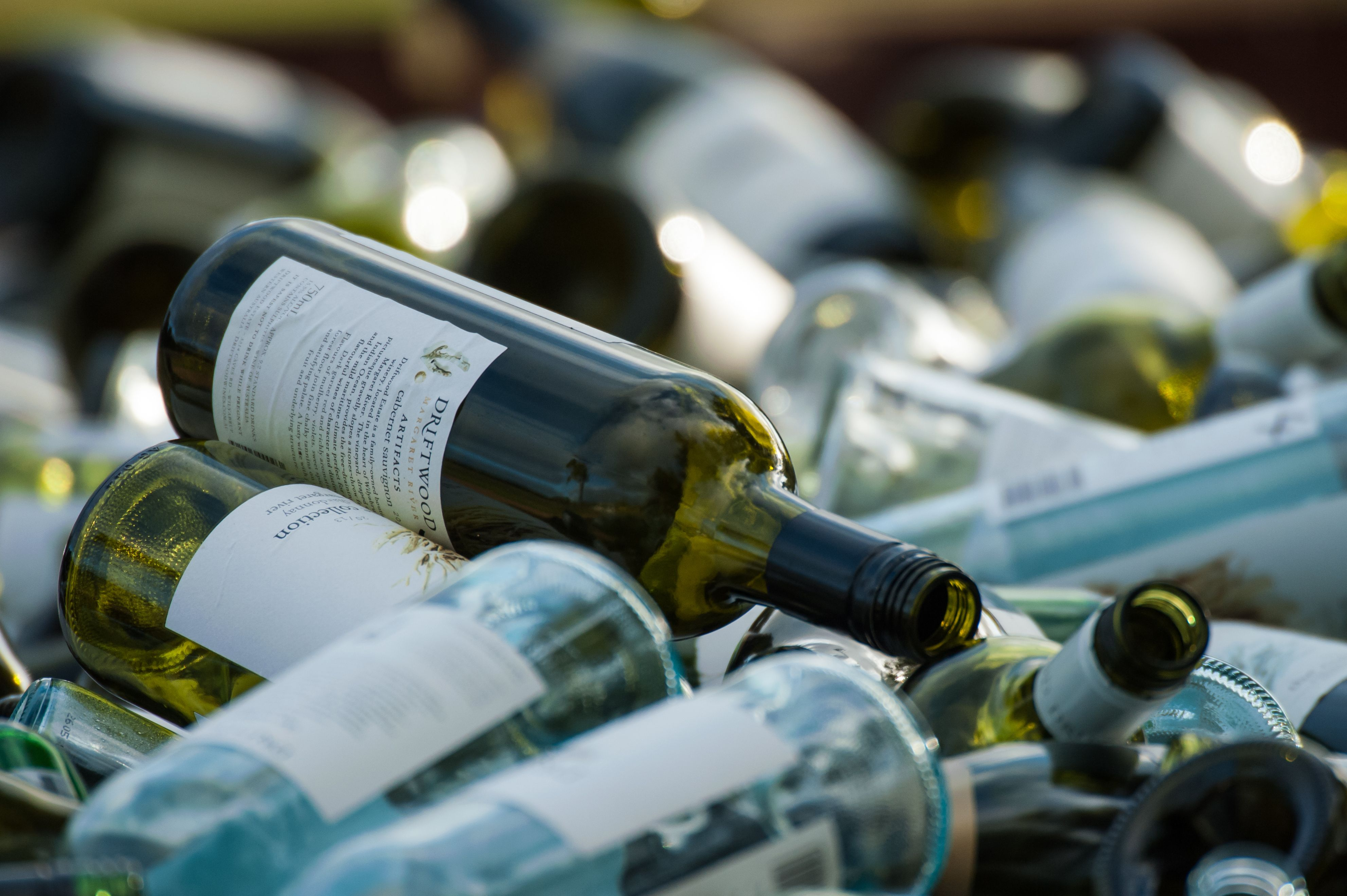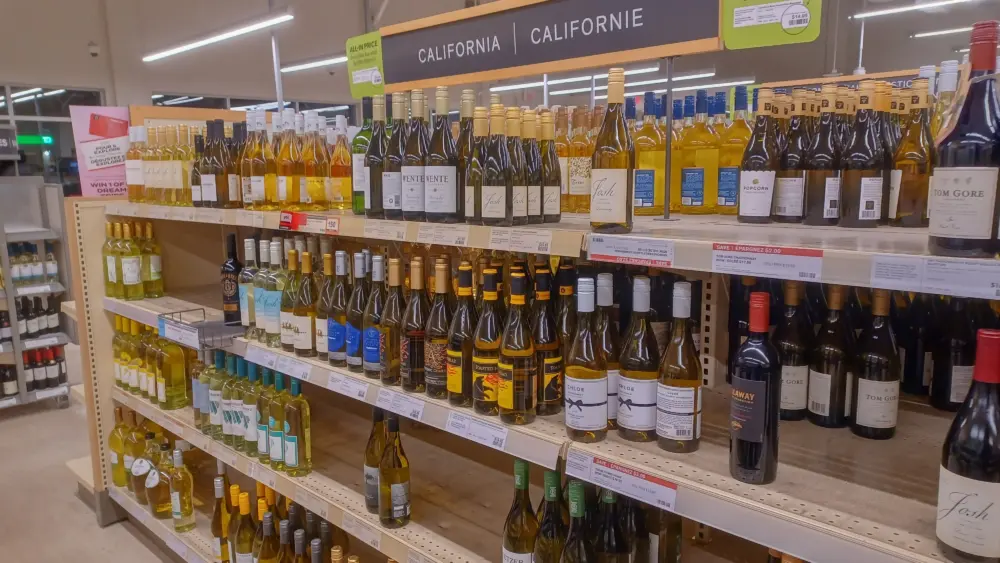
In the early 19th century, a growing temperance movement balked at alcohol consumption, but by the 1950s that had dramatically changed. As a result, when cultural icons such as Richard Burton, Mickey Mantle, Jack Kerouac, Billie Holiday, Hank Williams, Raymond Carver, Errol Flynn and Veronica Lake all died due to complications from alcoholism, the world shrugged. Excessive drinking was just how the rich and famous lived, their lack of an outraged response seemed to say.
Today, however, such shrugs have ended. Now, when stars like Brad Pitt, Katy Perry and Naomi Campbell openly discuss their own alcohol addictions, they are joined by countless actors, athletes and other personalities touting the benefits of sobriety.
Movements such as Dry January, Sober October and mocktail-only social events are growing in popularity, and search terms such as “sober curious,” “zero-proof bar” and “temperance tastings” are all on the rise. The fact is, though, that while sobriety can mean not drinking alcohol, it can also mean being in a calm, collected state of mind.
The early 19th century would feel eerily familiar to anyone living today. It was totally out of control.
World War I began in 1914, with the United States entering the fray a year before it ended in 1918. In 1917 the Russian Revolution laid the groundwork for the Union of Soviet Socialist Republics and fostered a “Red Scare” that rapidly spread across Western countries, with suspicion that any labor unions or movements for workers’ rights were instruments of Moscow. In China a growing power struggle between the Communist Party and a collection of the then-ruling regional warlords added to instability.
At about the same time, throughout the Middle East numerous wars for independence broke out. Oil had been found in Persia (now Iran) in 1908, and this fueled land wars and skirmishes in Egypt, Turkey and the Great Syrian Revolt between Iraqi-Kurdish factions.
By the 1920s the peoples of the world were exhausted. Not only was the entire global order in flux, they were also recovering from witnessing the first mechanized war in history. Unlike earlier wars, World War I included machine guns, tanks, aircraft and horrific chemical agents, all of which killed, maimed and mentally traumatized both the soldiers and non-participants who could see—for the first time in history—films and photographs of the sickening reality of war.
Then in 1918 a pandemic hit, killing more than 50 million people worldwide. After that, a polio endemic crippled thousands of children. With all of the turmoil, the financial markets were rocked by recessions in 1907, 1910, 1914, 1918 and a big one in 1920 they called the “Great Depression” until an even bigger one hit a decade later.
In 1920, Prohibition went into law, making it illegal to make, sell or consume alcohol in the United States. In what was one of the few bright spots of the time, that same year the 19th Amendment passed, giving women the right to vote in national elections. As if to negate the light, in 1924 Congress passed the Immigration Law, which established a quota system that discriminated against many groups, especially Asians, Jews and Catholics, and favored northern and western Europeans. In 1925 the Scopes Monkey Trial resulted in the state of Tennessee convicting a substitute high school science teacher, John T. Scopes, for presenting Darwinian theories of evolution to his class.
As if to summarize the challenging times, in 1926 Ernest Hemingway—one of those early cultural icons who was notoriously fond of drinking, but who remained sober when he worked—wrote his debut novel, The Sun Also Rises, while living in Paris. The story follows a group of friends who journey from France to Spain to watch bullfights. The book exposes the strengths and weaknesses of each character.
Then, like now, the world finds itself in tumultuous times. And that being the case, we can relate to Hemmingway’s characters, many of whom yearn for even a tiny sliver of stability and safety. And like then, our time finds itself full of those longing for sobriety. In my experience, however, some of the most sober thinkers I know enjoy a glass of wine every now and again.
Or, perhaps Count Mippipopolous, a veteran of seven wars and four revolutions, says it best in The Sun Also Rises. Speaking to Brett—an independent woman fond of Champagne—he mentions that the wine she is drinking, “…is too good for toast-drinking, my dear. You don’t want to mix emotions up with a wine like that. You lose the taste.”
Author
-

Tim Carl lives, writes and teaches in Calistoga. He grew up in St. Helena and traces his Calistoga grape-growing roots back five generations. You can reach him at tcarl@northbaybiz.com.
View all posts



